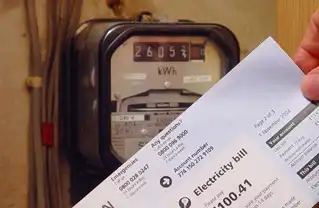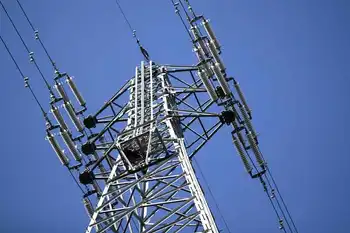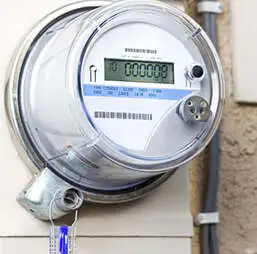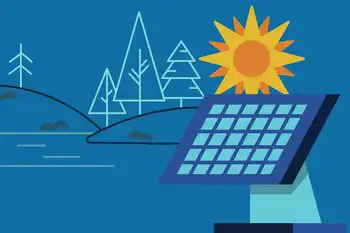Duke pushes Save-A-Watt decision
By Charlotte Business Journal
NFPA 70b Training - Electrical Maintenance
Our customized live online or in‑person group training can be delivered to your staff at your location.

- Live Online
- 12 hours Instructor-led
- Group Training Available
The company submitted new, detailed program proposals for Save-A-Watt in a November 25 letter to the S.C. Public Service Commission.
Duke is asking the commission to close the docket on its Save-A-Watt hearing. Duke wants final briefs and arguments from interested parties by December 22 so the commission can make a decision.
“In these troubled times, customers need options to save energy and reduce their bills more than ever,” the utility states in its letter. “For the company’s commercial and industrial customers, these programs could very well mean the difference between continued viability and shutting down.”
Duke proposes a package of energy conservation and load-shifting services under the program. The most controversial part of the plan is how Duke proposes to be paid.
Under Save-A-Watt, Duke — working with an independent auditor — would submit its calculation of the energy savings to the state. Ratepayers would then pay Duke through increased charges on their monthly bills for the avoided costs tied to the energy conserved.
The program has been opposed by some environmental and public-interest groups.
Opponents have had two main complaints. The largest is that, in South Carolina, Duke wants to be paid a return on 85% of the money saved by not building plants, rather than being paid a return on the costs of the program. Opponents say that will make it possible for Duke to make unreasonable and unjustified profits.
They also contend the program relies too much on efforts to move energy use to off-peak hours. That saves Duke money, the opponents say, but does not reduce power consumption.
Duke filed the application for Save-A-Watt in South Carolina 14 months ago. It worked out a proposed settlement with the Officer of Regulatory Staff — charged with protecting the public’s interest — in a move that would ordinarily lead to approval of an application.
The commission held its hearing 10 months ago. It has not closed the docket, which means Duke and its supporters and opponents have not had a chance to make final arguments.
The regulatory staff has joined Duke in the request. The two parties asked the commission in July to move forward on the program.
Duke wants to be able to proceed with the energy-efficiency initiative as soon as possible, says spokesman Andy Thompson.
To that end, the company filed a series of proposals outlining how the various energy conservation and load-shifting programs would operate. Duke hopes the commission can consider the specific proposals as it considers the program and give quick approval to both.
Brett Carter, who took over as president of Duke Carolinas, has said the company hopes to start the program in the first quarter. He says Save-A-Watt should have a measurable impact, both for customers and the company, in 2009 if it is operating by the middle of the year.
Duke is waiting for a decision on the program in North Carolina as well.











